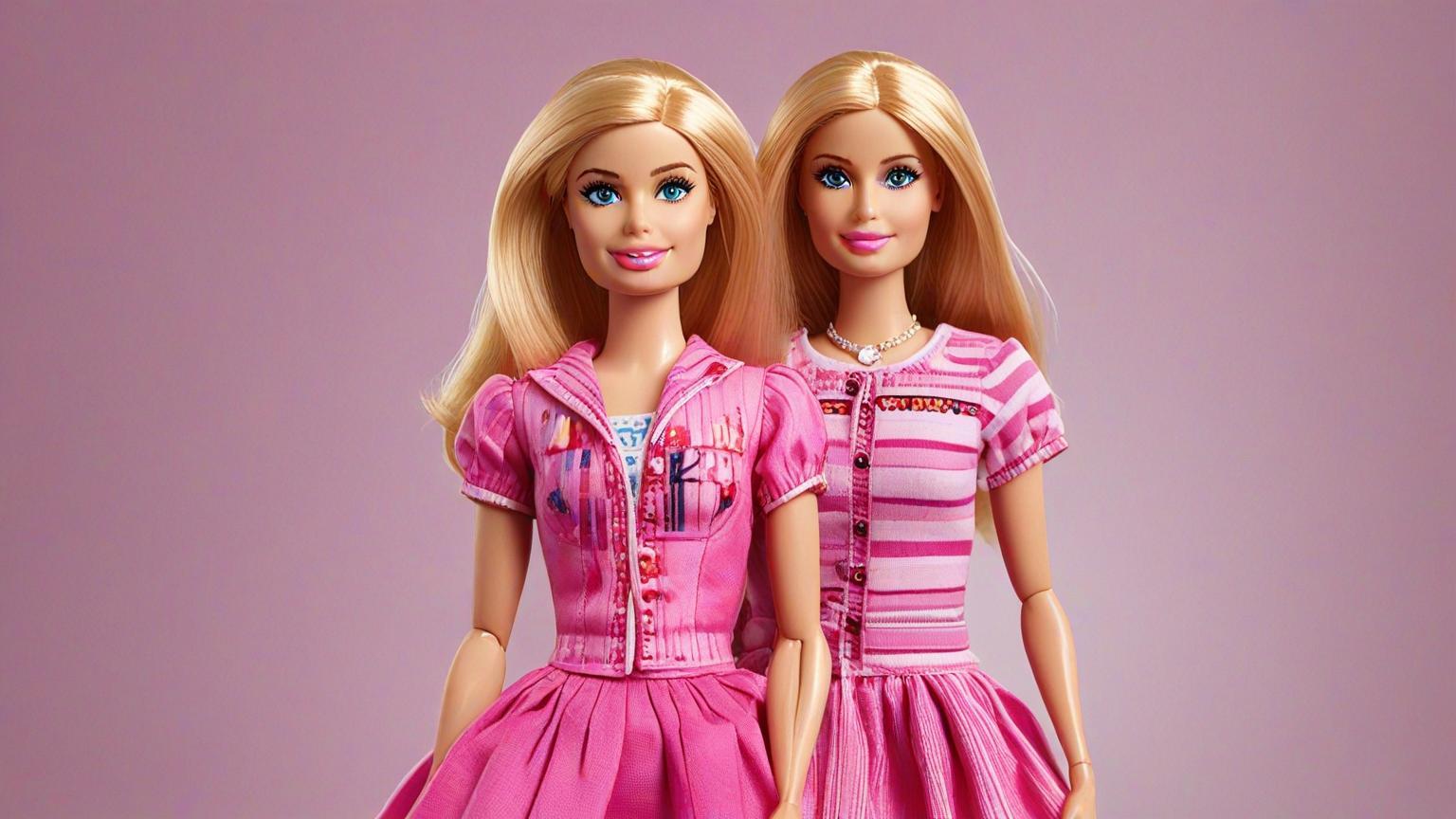In the ever-evolving world of cinema, Greta Gerwig stands as a testament to the power of storytelling that transcends mere visuals. With her directorial ventures, Gerwig has carved out a niche, not only as a filmmaker but as an artist who delves deep into the human psyche, illuminating truths that often go unspoken.
Her latest work, an exploration of the nuanced dynamics in 'Barbie', is nothing short of a revelation. This film cleverly navigates the delicate balance between commercial appeal and profound narrative, serving as a mirror to societal trends while offering a fresh perspective. Gerwig's approach to 'Barbie' isn't just about reimagining a cultural icon; it's about redefining what that icon represents in contemporary discourse.
Gerwig's adeptness in character development is evident in her choice of casting Margot Robbie as the titular character. Robbie's portrayal harnesses a depth that both challenges and charms, inviting the audience to question preconceived notions. Accompanying her performance is Ryan Gosling, who brings a multi-layered portrayal of Ken, a figure often relegated to the sidelines in traditional narratives. Their dynamic presents a subversion of expected roles, a theme recurrent in Gerwig's storytelling ethos.
Moreover, Gerwig's decision to intertwine humor with poignant commentary exemplifies her ability to engage a diverse audience while maintaining artistic integrity. The screenplay, buoyed by sharp wit and subtle satire, echoes the societal introspection that her previous works like 'Lady Bird' and 'Little Women' adeptly presented.
The visual aesthetic of Gerwig's films often act as a narrative device in itself. In 'Barbie', the color palette is strategically employed to reflect not only the vibrant world of the characters but also the underlying themes of identity and authenticity. This visual storytelling, combined with an evocative score, creates an immersive experience that resonates long after the credits roll.
Understanding Greta Gerwig's impact necessitates a look at her influences—both literary and cinematic. Her admiration for auteurs like Agnes Varda and Woody Allen is evident in her narrative choices and rhythm. Yet, Gerwig's voice remains distinctly her own, characterized by a raw honesty and a fearless approach to unconventional topics.
In conclusion, Greta Gerwig's directorial ventures are a masterclass in contemporary filmmaking. She challenges the status quo, using cinema as a platform for conversation and change. 'Barbie', under her direction, transcends the bounds of traditional storytelling, offering a film that is not only entertaining but also enlightening. It tells us that cinema, at its best, can be both a reflection and a catalyst for the society it portrays.
The legacy of Greta Gerwig is still in its formative years, but her contributions so far mark her as a pivotal force in the industry. Her ability to infuse depth into mainstream narratives ensures her work will be celebrated and studied for generations. As audiences continue to evolve, Gerwig's films will undoubtedly remain relevant, opening dialogues, and inspiring change.
unveiling the layers of Greta Gerwig's directorial mastery

